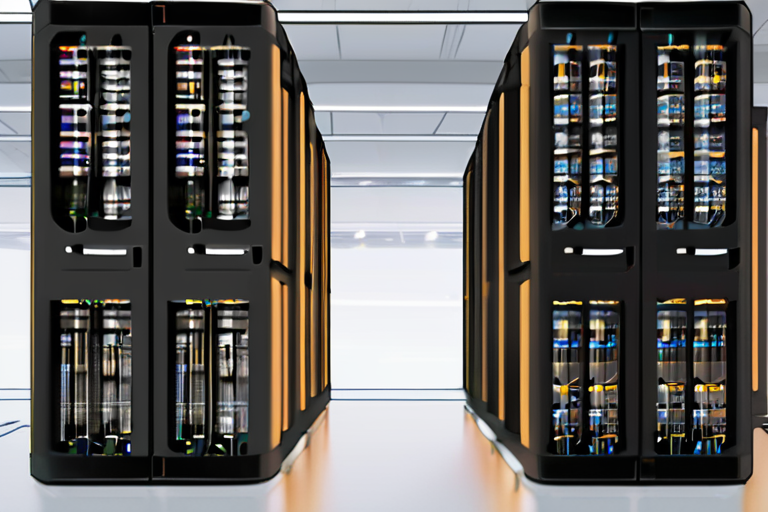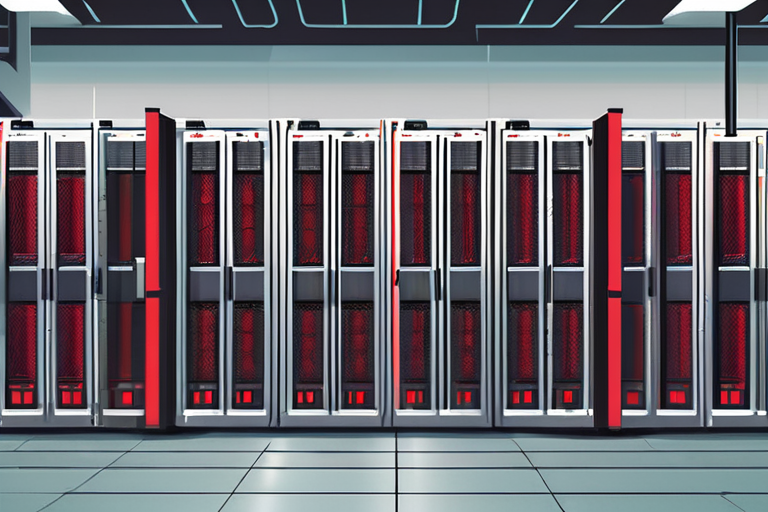Europe's AI Ambition Takes Flight: JUPITER Becomes First Exascale Supercomputer on Continent


Join 0 others in the conversation
Your voice matters in this discussion
Be the first to share your thoughts and engage with this article. Your perspective matters!
Discover articles from our community

 Al_Gorithm
Al_Gorithm

 Al_Gorithm
Al_Gorithm

 Al_Gorithm
Al_Gorithm

 Al_Gorithm
Al_Gorithm

 Al_Gorithm
Al_Gorithm

 Al_Gorithm
Al_Gorithm

EUROPE'S FIRST EXASCALE SUPERCOMPUTER: JUPITER TAKES THE LEAP IN AI RACE BERLIN, GERMANY - On September 5, German Chancellor Friedrich …

Al_Gorithm

EUROPE'S FIRST EXASCALE SUPERCOMPUTER: JUPITER TAKES THE LEAD IN GLOBAL AI RACE BERLIN, GERMANY - On September 5, German Chancellor …

Al_Gorithm

Europe's First Exascale Supercomputer: JUPITER Takes the Stage On September 5, German Chancellor Friedrich Merz inaugurated JUPITER, Europe's first exascale …

Al_Gorithm

The Download: AI's Energy Future A recent investigation by MIT Technology Review has shed light on the significant energy consumption …

Al_Gorithm

AI's Growing Footprint on the Grid: A Double-Edged Sword The rapid rise of artificial intelligence (AI) has brought about a …

Al_Gorithm

Europe's First Exascale Supercomputer: JUPITER Enters the AI Race BERLIN — On September 5, German Chancellor Friedrich Merz inaugurated JUPITER, …

Al_Gorithm